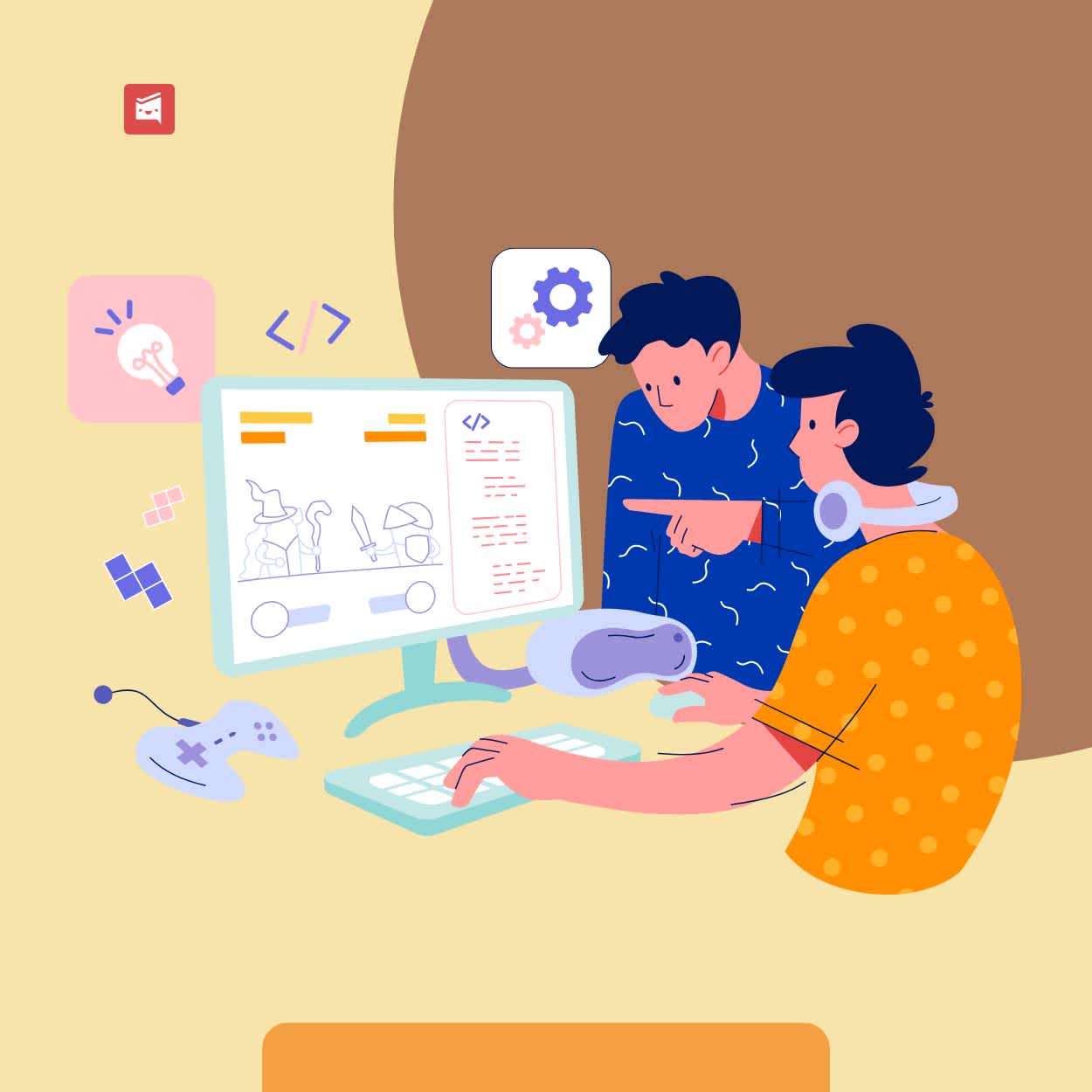Basics of Effective Task Management and Collaboration in Game Development
ByJulian Gette
Workast publisher

Workast publisher
For AAA game studios aiming to create blockbuster titles and push the boundaries of video game development, effective task management, and collaboration are essential elements that can make or break a project. In this guide, we will delve into the basics of how AAA game studios can optimize their workflow, streamline their processes, and foster a culture of collaboration to deliver top-quality games.
The foundation of effective task management in game development begins with establishing clear goals and milestones for the project. Therefore, aaa game studio should define the scope of the game, outline specific objectives, and set achievable deadlines for each milestone. By having a roadmap that details the project's trajectory, team members can align their efforts towards a common vision and stay on track to meet project deadlines.
AAA game studios can benefit greatly from utilizing project management tools to organize tasks, allocate resources, and track progress efficiently. Tools such as Jira, Trello, or Asana allow teams to create and assign tasks, set priorities, monitor progress, and communicate effectively within the team. These tools can also facilitate transparency and accountability, enabling team members to collaborate seamlessly and stay informed about project developments.
Effective communication is paramount in game development, especially in AAA studios where large teams are working on complex projects. Regular team meetings, stand-ups, and status updates help keep everyone informed about project progress, address any issues or roadblocks, and ensure that tasks are coordinated effectively. Open and transparent communication fosters collaboration, boosts morale, and enhances team cohesion, ultimately leading to a more productive and successful development process.
In AAA game studios, where different departments such as design, programming, art, and QA work together to create immersive gaming experiences, cross-functional collaboration is key to success. Encouraging team members from different disciplines to collaborate, exchange ideas, and provide feedback can lead to innovative solutions, creative breakthroughs, and a more cohesive final product. Building a culture of collaboration and teamwork fosters creativity and accelerates the development process.
Agile development methodologies, such as Scrum or Kanban, are well-suited for game development projects, especially in AAA studios where flexibility and adaptability are crucial. By breaking down the project into smaller, manageable tasks or sprints, teams can iterate quickly, respond to feedback, and pivot when necessary. Agile methodologies promote rapid development, continuous improvement, and the ability to deliver high-quality games on time and within budget.
As AAA game studios work towards completing a project, conducting regular reviews and post-mortems can provide valuable insights into the development process and help identify areas for improvement. By analyzing what went well, what could have been done better, and what lessons were learned, studios can refine their workflow, address recurring issues, and enhance their processes for future projects. Continuous feedback loops enable studios to iterate and evolve, pushing the boundaries of game development excellence.
In conclusion, effective task management and collaboration are fundamental aspects of success for AAA game studios striving to create groundbreaking and immersive gaming experiences. By establishing clear goals, utilizing project management tools, fostering effective communication, encouraging cross-functional collaboration, implementing agile methodologies, and conducting regular reviews, AAA studios can optimize their workflow, streamline their processes, and deliver top-quality games that captivate audiences worldwide. Embracing these best practices can set AAA game studios on the path to success and help them achieve their creative ambitions in the competitive landscape of game development.
